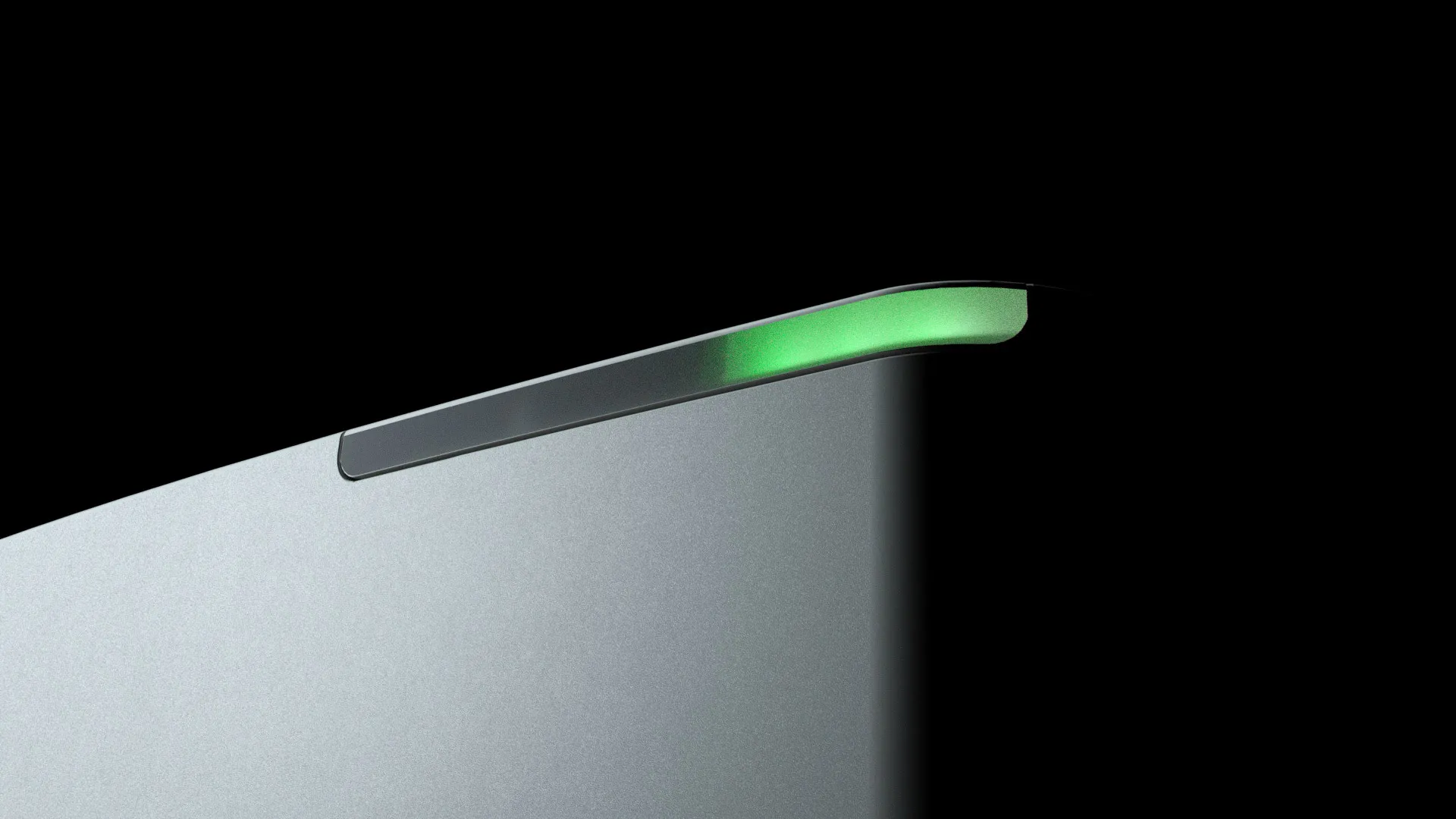

Automated High-throughput Infrared Spectroscopy for Secondary Structure Analysis of Protein Biopharmaceuticals
Automated High-throughput Infrared Spectroscopy for Secondary Structure Analysis of Protein Biopharmaceuticals
In this webinar you will learn:
Higher order structure of protein (HOS) is an important product quality attribute that governs the structure function characteristics, safety, and efficacy of therapeutic proteins. Infrared (IR) spectroscopy has long been recognized as a powerful biophysical tool in determining protein secondary structure and monitoring the dynamic structural changes. Such biophysics analyses help establish process and product knowledge, understand the impact of upstream (cell culture) and downstream (purification) process conditions, create stable formulations, monitor product stability, and assess product comparability when process improvements are implemented (or establish biosimilarity to originator products). In this webinar, Dr. Lucy Liu of Pfizer provides an overview of a novel automated mid-IR spectroscopic technique called microfluidic modulation IR spectroscopy (MMS or MM-IR) for the characterization of protein secondary structure. The study demonstrates that MM-IR secondary structure analysis of therapeutic monoclonal antibodies (mAb) is comparable with a conventional Fourier transform IR (FTIR) method. More importantly the study shows MM-IR exhibits higher sensitivity and repeatability for low concentration samples over FTIR, as well as provides automated operation and superior robustness with simplified data analysis, increasing the utility of the instrument in determination of mAb secondary structure. Therefore, we propose that the MM-IR method can be widely applied in characterization and comparability /biosimilarity studies for biopharmaceutical process and product development.
Speakers

Lucy L. Liu
Principal Scientist, Pfizer
Lucy L. Liu, PhD, is a principal scientist at Pfizer Inc., in the Mass Spectrometry & Biophysical Characterization Group within Analytical R&D, BioTherapeutics Pharmaceutical Sciences. Responsible for product and process characterization using various biophysical and biochemical techniques. Before joining Pfizer, she was with Wyeth as a post-doctoral fellow and worked on analytical research & biophysical analysis for biotherapeutics studying protein aggregation. Lucy has a PhD in Chemistry & Pharmacological Science from Duke University & Duke Medical Center, specifically on thermodynamics of protein stability, protein unfolding and protein interaction and metal binding. Before pursuing her PhD degree and after graduation from University of Science & Technology of China, she worked for Entry-Exit Inspection and Quarantine as a scientist.

David Sloan
Director of Applications at RedShiftBio
David Sloan is the Director of Applications at RedShiftBio. He has worked in the biotechnology industry for the past 20 years and has always focused on customer satisfaction. David is most interested in learning about new research areas and developing novel applications on cutting edge technology platforms to solve real world problems. David received his PhD from Duke University Medical Center in the Department of Pharmacology and Cancer Biology, and studied protein-protein interactions with the goal of identifying novel therapeutics. His bachelor's degree is from Cornell University, with dual degrees in Biology and Chemistry. Fun fact, not once, but twice, I have been the only passenger on a commercial flight!
Please complete the form if you would like to speak to a representative.

